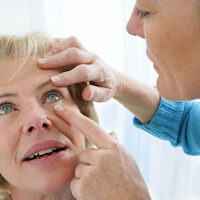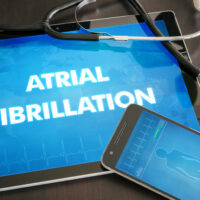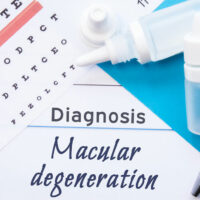13 symptoms of depression one shouldn’t miss

The mind is as important as the rest of the body, and with increasing mental health awareness, conditions like depression are getting the attention they need. Even so, symptoms of mental health conditions may be difficult to identify because they may be confused with general mood swings and or mere sadness. What differentiates depression from such feelings is its severity and duration. So, here are some common and unusual depression symptoms:
Common signs of depression
Persistent feelings of sadness
Everyone experiences phases of extreme sadness and despair, but for those with depression, these feelings are persistent for weeks or even months at a stretch. These feelings are so strong that they overpower all other emotions, distracting the person from all other usual activities.
Extreme feelings of hopelessness
People going through depression often develop an outlook of hopelessness, often pondering over questions about purpose and self-worth. Patients have reported feeling worthless; for them, even daily chores may seem to take up too much effort, making them believe that all the hard work ultimately amounts to nothing.
Loss of interest in hobbies and activities
A tell-tale sign of depression is when individuals lose interest in hobbies or activities that they used to enjoy earlier. As mentioned earlier, many individuals with depression feel a lack of energy to do even the most basic tasks, so they tend to eventually stop trying. The same is the case even with their hobbies and interests.
Withdrawal from people and social situations
Those with clinical depression may become withdrawn from close family members and friends too. They may actively avoid social situations repeatedly and try not to interact with anyone if they can help it. So, they’re often missing from social activities and situations that they used to frequent, leading to further isolation.
Severe fatigue and sleep issues
One of the reasons people with depression stop engaging in activities is that they are typically fatigued and have sleep issues. Many people with depression experience extreme tiredness for no other apparent reason and may also suffer from insomnia. Depression may not be the exact cause of sleep issues, so the symptom may indicate depression only if a person also has other signs of the condition.
Symptoms of anxiety
Anxiety is usually comorbid with depression, so patients with depression often report symptoms of anxiety, such as increased palpitations, profuse sweating, muscle twitching, and a constant feeling of tension and worry.
Low sex drive
Since lack of energy is common in patients with depression, they are often uninterested in physical intimacy. They may experience a loss of interest in sexual activities and any intimacy in general, which can cause relationship issues.
Changes in appetite
While appetite usually fluctuates among most patients with depression, some may resort to binging while others may lose interest in food. However, there are several conditions that cause one to have drastic changes in appetite, so it is recommended to consult a professional about the symptom.
Unusual depression symptoms to be aware of
Trying to put on a cheerful act
A depression symptom that normally goes unnoticed is the effort to put on a cheerful act even though a person feels extremely low within. Many patients with depression try to divert people from their feelings of despair and sorrow by trying to act normal and even very joyful. This symptom is easy to miss, but one way to recognize it is by identifying unusually chirpy or boisterous behavior.
Seeking comfort in work
If a person starts working for way longer hours than usual, to the extent of neglecting all other aspects of life, there is a possibility that the person has depression. Usually, those tackling the condition resort to work as a means of distraction from the negative sensations they feel every day.
Irritability
This symptom is is reported to affect men more than women. One of the cultural reasons for men with depression being more irritable is that they may feel less comfortable expressing their emotions than women. So, they misdirect their feelings of sorrow and despair toward others around them, which can then manifest as anger and irritability.
Short-term memory loss
Depression severely hampers one’s cognitive functioning, such as the ability to think clearly or make decisions. So, it may also affect one’s short-term memory, leading to persistent confusion and forgetfulness. Short-term memory loss accompanied by other depression symptoms may indicate the onset of the condition.
Unexplained pains and aches
Another hidden symptom of depression is unexplained pains and aches, like back or neck pain or persistent headaches. Basically, these aches may not have any other apparent cause, and they can worsen one’s mood with time. These aches could be because of an imbalance of certain neurotransmitters.
Recognizing depression symptoms early on is important to have the condition diagnosed and treated in time. One needs to work closely with a mental health professional who can understand the overt and hidden signs of depression and help cope with the condition better. At such times, a strong support system is crucial, so people experiencing depression symptoms should actively seek out their loved ones and talk to them about how they are feeling. Alongside timely treatment and psychotherapy, a healthy lifestyle, low stress levels, and a positive ecosystem are imperative in healing from the condition.





